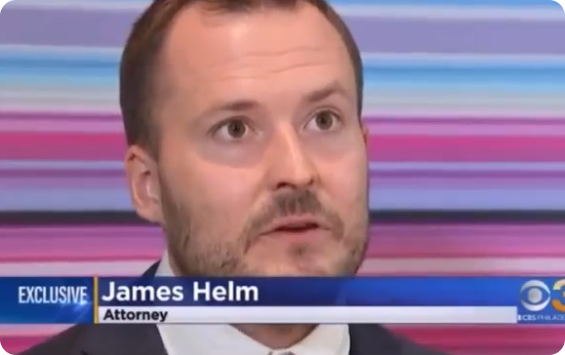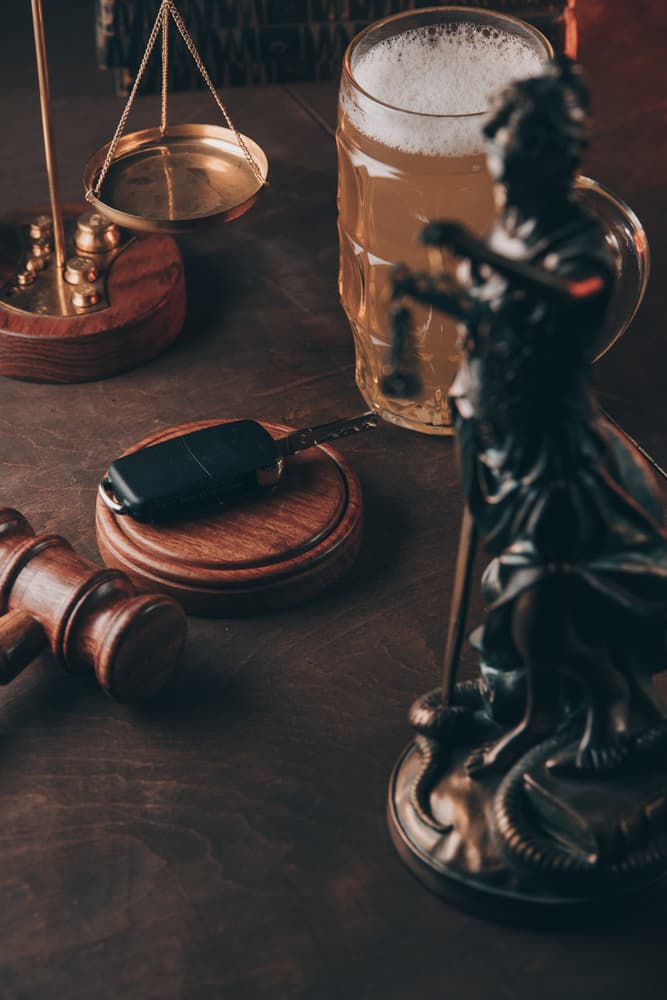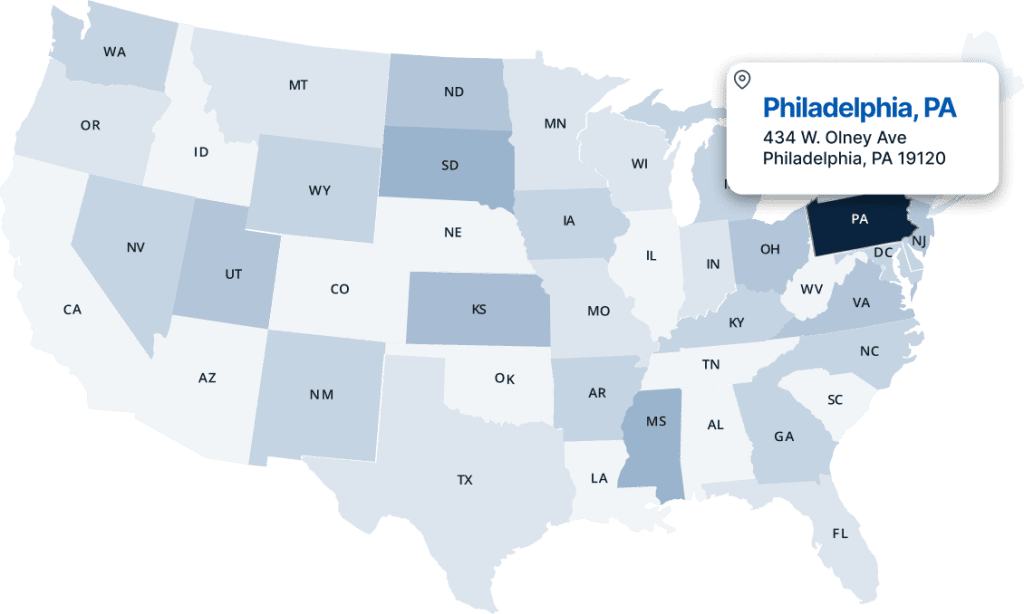Home » Drunk Driving Accident Lawyers » Colorado Drunk Driving Accident Lawyer
If a drunk driver crashed into your life, you’re probably wondering what happens next. The law holds drunk drivers (and sometimes even the bars that overserve them) responsible. But getting fair compensation is another story. The good news is you don’t have to fight alone.
At TopDog Law, our network of Colorado drunk driving accident lawyers is ready to step in. We’ll connect you with a local Drunk Driving Accident Lawyer who knows the system, knows how to push back against insurance games, and knows how to help you get what’s yours.
Call (888) 778-1197 now to get started.

It costs absolutely nothing to see if you have a case



If you’re dealing with the aftermath of a drunk driving accident in Colorado, here’s what you need to know about how these wrecks happen, the kinds of injuries they cause, and the laws that shape what happens next.
Here are the most common scenarios:
If you’ve been hit by a drunk driver, you’re probably dealing with one or more of these injuries:
While the entire state grapples with this issue, certain areas have become notorious hotspots for such incidents.

Insurance companies love drunk driving accident claims—for all the wrong reasons. They see dollar signs, but not in the way you might think. They don’t focus on fair payouts or helping victims rebuild. They focus on protecting their bottom line, and they play hardball from day one. If you’re dealing with one after a drunk driver wrecked your life, expect them to pull out every trick in the book.
This isn’t their first rodeo—and it shouldn’t be yours. A Colorado drunk driving accident lawyer knows how to deal with insurance companies who think they hold all the cards. Here’s how they fight back.
What you do in the days and weeks after a drunk driving accident matters. Not just for your health—though that’s obvious—but for your case. The right actions make it harder for the insurance company to poke holes in your story.
Doctors don’t hand out recovery instructions for fun. If you’re told to rest, go to physical therapy, or avoid certain activities, follow those directions to the letter. Skipping appointments or ignoring medical advice hands the insurance company an argument: “If they were really hurt, wouldn’t they be doing everything they could to get better?”
Compliance also builds a paper trail. Every visit, prescription, and referral documents the scope of your injuries and the work it takes to heal.
Out-of-pocket expenses add up fast. Prescription co-pays, crutches, gas money for medical appointments—it’s all part of the total cost of your accident. If you don’t keep track, those expenses slip through the cracks.
Make a file, whether digital or physical. Save:
Every receipt tells a story about the cost of recovery. Don’t let yours get lost.
Memory fades, especially after trauma. Write down everything.
Judges and juries don’t just look at X-rays. They listen to stories. A daily journal gives them yours, in your words.
The responding officer’s report is a key piece of evidence. It likely includes:
In Colorado, you request this through the law enforcement agency that responded. Sometimes that’s the Colorado State Patrol. Sometimes it’s the local police or sheriff’s office. Your lawyer will want this report early. It frames the case.
People talk. Social media makes that easier—and riskier. A photo of you smiling at a barbecue might look harmless. The insurance company’s attorney sees it and claims you’re fine, no matter what the MRI says.
Don’t post about the accident. Don’t post about your injuries. Better yet, stay off social media altogether until your case settles.
The same rule applies to casual conversations. If an insurance adjuster calls, direct them to your attorney. You’re under no obligation to give a statement without legal representation present.
The sooner you share your documentation, the better. A well-prepared case includes:
Your lawyer uses this information to build leverage. The more they have, the harder it becomes for an insurance company to deny, delay, or dismiss your claim.
A drunk driver flipped your world upside down. You didn’t choose this fight—but you get to choose how it ends. The law in Colorado gives you the right to hold them accountable. The right to demand real compensation. And the right team makes sure that happens.
Call (888) 778-1197 today, and we’ll connect you with a local attorney who knows how to get results.

66 S Logan St Suite B
Denver, CO 80209
TopDog Law is known for its relentless pursuit of justice. Our experienced team fights tirelessly to secure maximum compensation for our clients, ensuring every case is handled with dedication and determination.
We understand the emotional and financial toll that personal injuries can take. That’s why we prioritize open, compassionate communication and provide tailored support throughout the legal process. With free consultations and a contingency fee model, you won’t pay a dime unless we win your case.
With TopDog Law on your side, you can rest assured that you have a tenacious, experienced team fighting to get you the compensation you deserve, no matter where you’re located.

TopDog Law is a national marketing network for law firms, including Helm Law Group, LLC, which license the TopDog Law name and separately operate in states where they are each licensed. James Helm is licensed to practice in Arizona and Pennsylvania. Helm Law Group, LLC operates in Arizona.
3225 Cumberland Blvd, Ste 100
Atlanta, GA 30339
111 Presidential Blvd., Suite 251
Bala Cynwyd, PA 19004
1 South St, Suite 2125A
Baltimore, MD 21202
950 22nd Street N. Suite 600
Birmingham, AL 35203
361 Newbury Street, 3rd Floor
Suite 310
Boston, MA 02115
305 E 204th St.
Bronx, NY 10467
215 E 5th St, Unit 1 Suite 400-3
Brooklyn, NY 11218
1207 Delaware Ave, Suite 012
Buffalo, NY 14209
101 N Tryon St. Suite C
Charlotte, NC 28246
6343 S Western Ave.
Chicago, IL 60636
2217 E 9th St, Suite A
Cleveland, OH 44115
66 S Logan St Suite B
Denver, CO 80209
645 Griswold Street, Suite 1309
Detroit, MI 48226
863 Massachusetts Ave 2nd floor Suite B
Indianapolis, IN 46204
317 E Capitol St suite 200C
Jackson, MS 39201
1701 Troost Ave suite 202b
Kansas City, MO 64108
#8 Shackleford Plaza, Suite 304
Little Rock, AR 72211
8124 W 3rd St, Suite 201
Los Angeles, CA 90048
3385 Airways Blvd Unit 301F
Memphis, TN 38116
1433 N Water St Suite 400D
Milwaukee, WI 53202
600 Mount Prospect Avenue, Suite A
Newark, NJ 17104
66 Franklin St, Suite 300C
Oakland, CA 94607
5627 Germantown Ave Suite 420
Philadelphia, PA 19144
2700 N Central Ave Suite 320B
Phoenix, AZ 85004
6425 Living Place, Suite 200
Pttsburgh, PA 15206
920 West Sproul Road, Suite 201
Springfield, PA 19064
4625 Lindell Blvd Suite 200 & 300C
St. Louis, MO 63108
1150 Connecticut Ave NW, Suite 802B
Washington, DC 20036
6832 W North Ave Suite 2A
Chicago, IL 60707
3509 Haverford Ave, Suite 102
Philadelphia, PA 19104
Copyright 2025 All Rights Reserved © TopDog Technologies, Inc. and Helm Law Group, LLC
403 Olde House Lane Media, PA 19063
